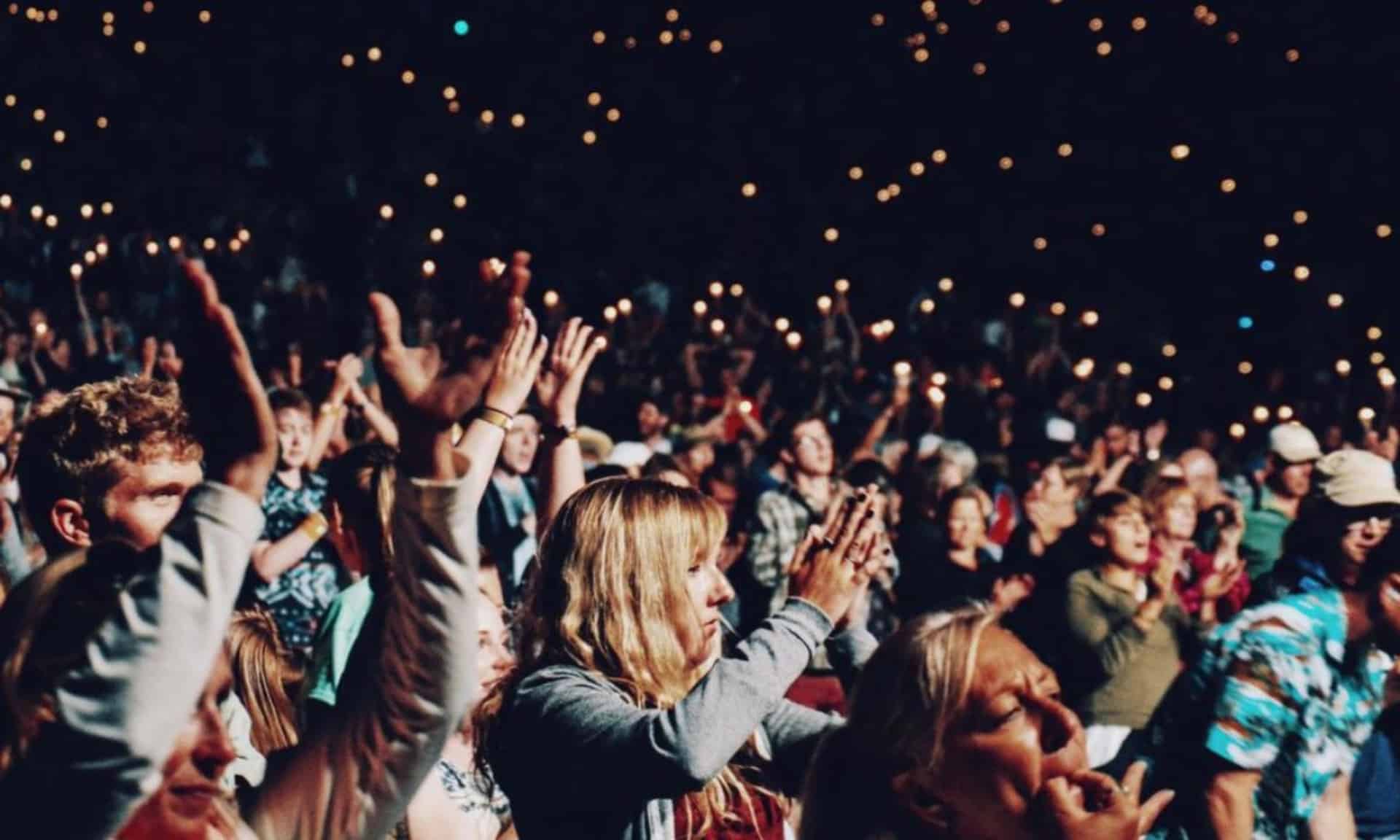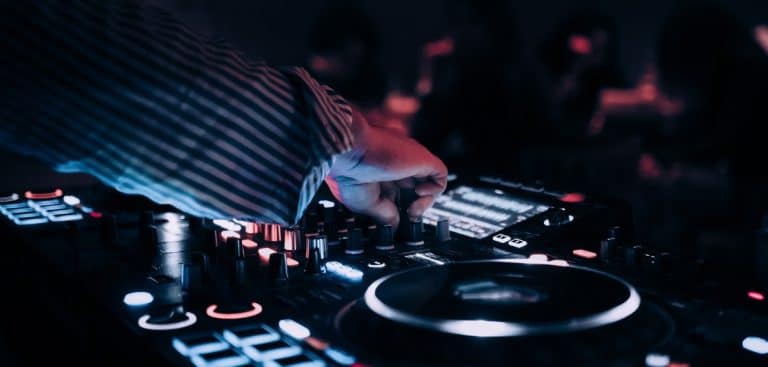Knowing your audience is a large part of the music industry, especially when you’re working to cultivate a loyal fan base. Understanding your audience is important for many reasons. It’s important when you’re trying to improve ticket sales, build longevity for your brand, or even when you’re establishing long-term communication with them. All of these goals are based on a thorough market research on your audiences. The goal is to always establish a long-term relationship with your audience and that is possible through careful research and analysis.
Know your audience
The first step in building a loyal audience and fan base is to get to know your audience. It’s a glaringly obvious step but it’s also an important one. If you don’t take the time to do the necessary research, it could impact the results and potentially affect how you communicate and reach out to your audience. Understanding your audience is a large part of successful marketing. It doesn’t matter what you plan for, audience satisfaction will be your goal. A large part of this is built through conclusive research and data gathered on your target audience demographic.
When you’re attempting to create a loyal fan base, your goal is attracting audience longevity to a brand that you’re building and presenting to them. Especially for music events, audience demographics will play a large part in your decision-making and strategy development. What you want to begin doing with your marketing team is audience mapping.
Looking at audience mapping
What is audience mapping? Audience mapping is a step that marketers do to understand the wants, likes, goals, and expectations of their target audience in relation to the product or content that they are selling. What you are specifically trying to do is create a loyal base for the music events or festivals that will be planned in the future and to successfully do that is by understanding what your audience wants. Here is how you do it.
Audience mapping is fairly simple. The first thing that will likely happen is that you will sit down with your marketing team and identify who your target audience (or multiple target audiences) is. You want to consider multiple groups of people. Some audience details to help build your audience are age group, expectations, favorite music genres, etc. You basically want to consider every detail about your audiences during this step because having a meticulous audience map will ensure that you will reach out to all of them when you begin promoting.
Then you want to begin creating categories such as what attracts them to your brand, what are their expectations, what part of your promotion and campaign could possibly attract them, and even how you could lose this particular audience group. It is advised you do this on a Google Sheet where everything can be easily organized and shared amongst your marketing team.

An example of how this would go would be like this. Let’s say you’re trying to build a large loyal fan base and your goal is to get them to know and support your future EDM concerts and festivals. Some of your target audiences are college students, 20 year olds, and fans of particular EDM groups and artists. Focusing on college students, you could begin filling out the categories as mentioned before. Their main goal could be the promise of a unique experience that will contribute to their larger college experiences. What could positively attract them to your promotion could be the exclusive deals and unique opportunities and benefits that you are offering, but what could potentially lose this audience is a lack of money to afford specific promotion features.
After conclusive audience mapping, you can begin promoting towards your fan base through the research that you collected.
Another way of mapping a specific audience is by creating events on ticketing platforms like Ticket Fairy, which give you the benefit of collating all demographic, psychographic, and behavioral data in an organized way. This will help you clearly see the kind of audience your events are attracting, and help you figure out your real audience in more detail. This saves you time, money, and marketing spending used to understand who these audiences are.
Begin promoting towards your loyal fan base
Now that you’ve finished audience mapping with your marketing team, you can begin building the actual steps that you will take to create a loyal fan base. Here are a few ways that you can begin.
1. Offer unique discounts and exclusive deals
A proven way to build a loyal fan base is by offering unique discounts and exclusive deals. Create exclusive packages that are only offered for a limited amount of time. Exclusivity is a large and important factor in building a long-term and loyal fan base. You want to offer your fans something that they can’t get anywhere else and you solidify that by offering limited-time deals. You want to create exclusive promotions for your fans in order to build a large fan community.
2. Create events geared towards their specific interests
Your events should be geared towards their specific interests. You want to consistently meet their expectations and goals and making sure specific aspects of your events satisfy those expectations and goals is important. You can accomplish this by booking and playing their favorite artists or even creating a special side event during the event. Take time to consider and explore your options because this could be an important step in gaining support for the long term.
3. Create a fan community through social media
Social media plays an important role here. A lot of fan communities are built through social media through various methods. There could be an online forum or various accounts scattered across social media platforms. What you want to do is create an online space where a fan community could grow. Things that you can do to help propel this relationship is be creating content geared towards getting their response on social media. This could be as simple as tweeting out a question and engaging with your fan community.
>>>
Building your loyal fan base and community is an important part of managing music events and festivals. The audience is the focus of this industry and building a way to establish long-term relationships with what you’re promoting will expand your reach and allow you to create better experiences for them.


